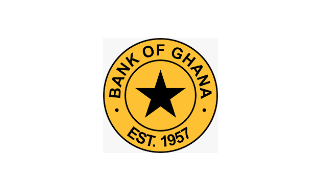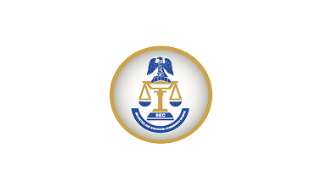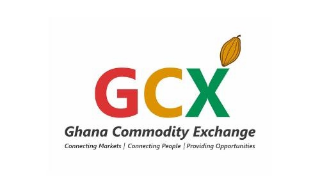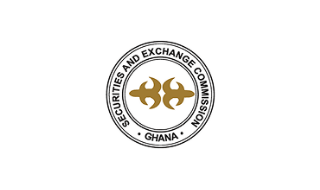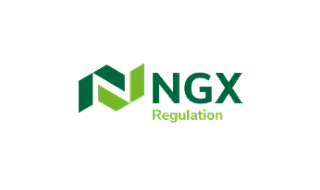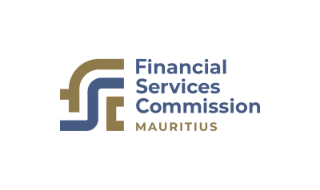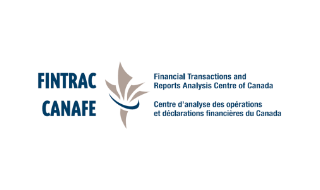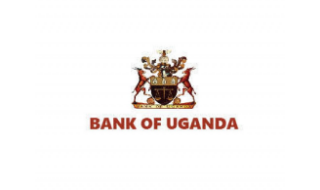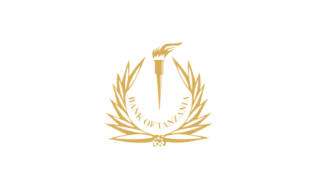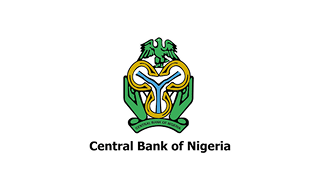
Ghana’s efforts to restore macroeconomic stability are beginning to pay off. On November 8, 2025, S&P Global Ratings upgraded the country’s long- and short-term sovereign credit ratings from ‘CCC+/C’ to ‘B-/B’, marking the first upward revision since the nation’s 2022 debt crisis. The outlook has been maintained as stable, signaling renewed investor confidence in the government’s fiscal reforms and external sector recovery.
The upgrade reflects what S&P described as “improving fiscal performance and stronger balance of payments position,” underpinned by ongoing consolidation efforts, reduced external financing pressures, and steady foreign exchange inflows. Ghana’s primary fiscal deficit narrowed to 2.8% of GDP in 2024, compared to 5.5% in 2023, while gross international reserves rose to $6.1 billion, equivalent to nearly 3 months of import cover, driven by higher remittance inflows and cocoa export receipts.
S&P noted that Ghana’s external debt restructuring progress and the successful first and second reviews under the $3 billion IMF Extended Credit Facility (ECF) have strengthened policy credibility and reduced short-term default risks. Inflation, though still elevated at 25.6% in October 2025, has moderated from the 54% peak recorded in early 2023, reflecting tighter monetary policy and improved supply conditions.
The rating agency expects real GDP growth to average around 3.5% in 2025, supported by stabilizing energy supplies, recovering private sector activity, and new gold-for-oil exchange frameworks that have reduced external demand for foreign currency.
Still, Ghana’s economic outlook remains vulnerable to fiscal slippage, global commodity price swings, and domestic revenue risks. Sustained progress in tax mobilization, expenditure discipline, and continued IMF program compliance will be critical for maintaining the rating.
Analyst Insight:
Ghana’s upgrade sends a strong signal to bondholders and multilateral partners that macroeconomic stabilization is gaining traction. While the road to full recovery remains long, improving reserves, fiscal discipline, and reduced debt service pressures position Ghana for gradual re-entry into international capital markets by late 2026.
